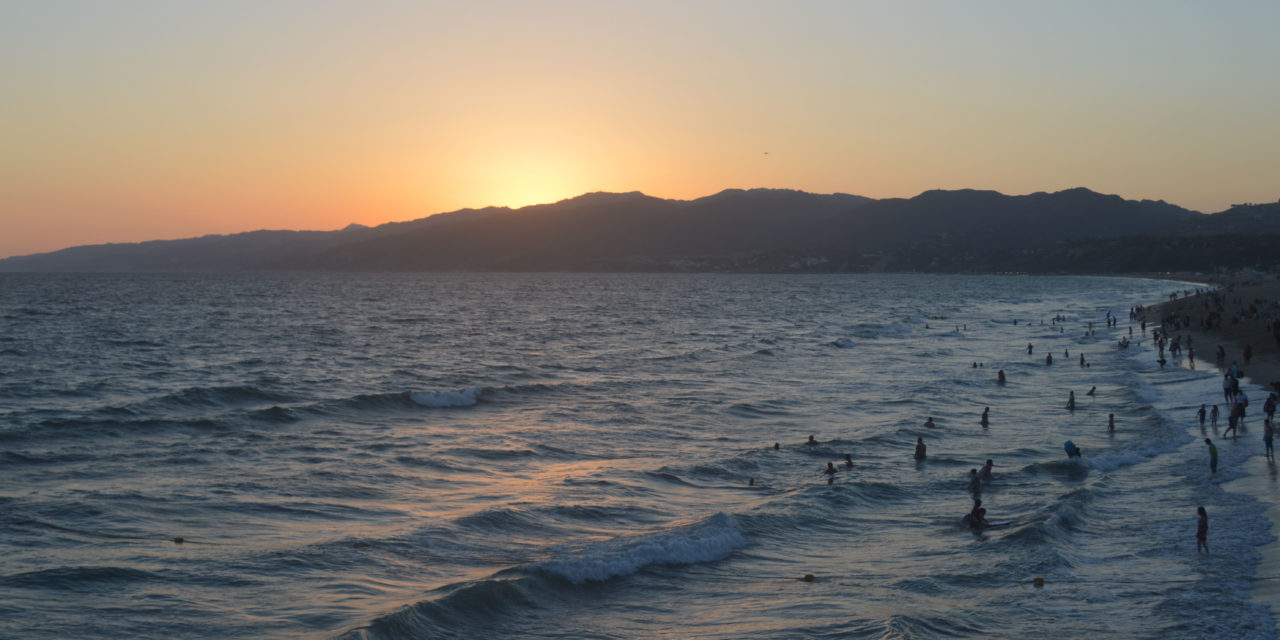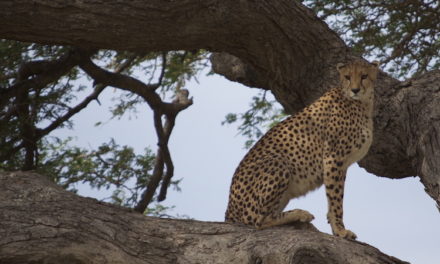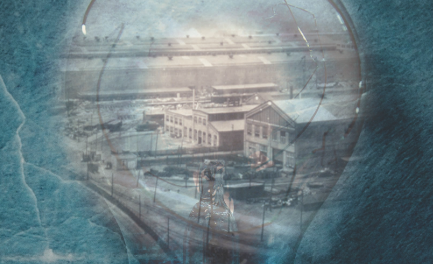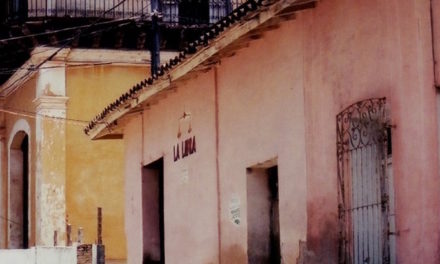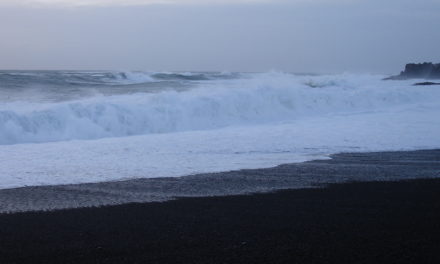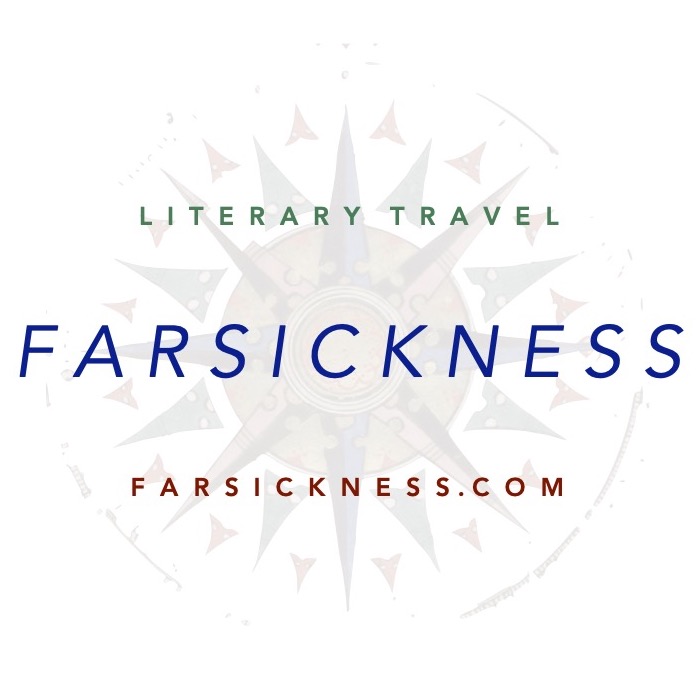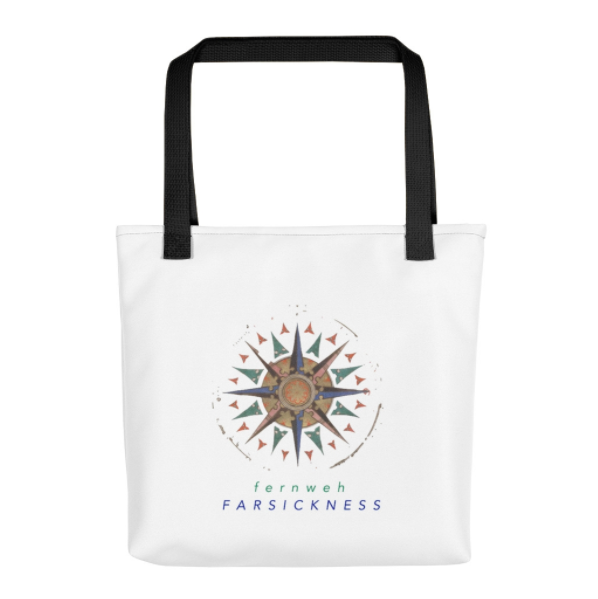1. Share a little about where you’re from. When you were growing up, what place—real or imagined—most fascinated you, and why?
I grew up in the 1950s desert, in a tiny new suburb at the base of the North Phoenix mountains, called Sunnyslope―a very raw, clean place in those years, dry and sweet and tender, full of wonder and magic for a kid. My little sister and I roamed the desert hills all day long (when we were not in grade school), with perfect freedom and innocence. That innocence was obliterated with our mother’s sudden death, probably by suicide, and we moved (me at 11, Andrie at 9) to Sacramento. I’ve written about those years in an essay I hope readers will find, preliminarily in the nonfiction journal River Teeth, and later (it is fondly hoped) in a book of essays about travel and place: working title, In Case of Firenze. As a child―before the sky fell on us―I had only the dimmest understanding that other kinds of places existed―and I do not think I really internalized the shock of this physical fact until I stood upon the first beach of my life (Santa Monica, CA, on a family vacation, my mother then still with us) and beheld the glittering blue ocean. It was like staring at all the riches of the universe―hearing and smelling them―like discovering God, or at least God’s palace, piled with God’s treasures. My sister and I ran shrieking to the water, immediately assembling cannonballs of sand, investigating the glistening foam at the edge of the incoming tide, tiny crabs, mysterious dead jellyfish, bits of shells, sand dollars. I can never, ever forget how electrified we were, vibrating, thrilled with possibility and amazement. So the fascination you suggest, sort of happened post-facto.
Later, I took that same romance with ocean-bound land to an exponential depth by moving to Hawaii for a dozen years. There, for a while, amid similar transplanted friends, the relative safety and beauty of the place gave a lonely, lost young woman a second shot―at feeling legitimate, loved, located. I worked a sweet job there, as typesetter at an investigative weekly tabloid newspaper (where I first began to write); I also had a part-time job, handily, as a bookseller. I had urgent relationships, dear friends, and a few tragedies. Of course, as is true of any place, Hawaii proved complicated―socially, economically, politically, relationally―and after a dozen years, for a number of reasons, I knew I had to leave. I wrote about that time in a slender novel called The Great Far Away, though I transposed the principals and landscape to Northern California. Looked back upon, the period spent in Hawaii proved something close to miraculous, in that it gave me permission to create a life on my own terms. One only understands these things later―in the present tense of it, one hasn’t much of a clue.
2. What travel has been a particular inspiration to your work?
That’s easy: almost all of it: Colorado (on the train, with a Vista Dome view of the glorious Rockies) as a young woman, then Africa with the Peace Corps—the consciousness-altering equivalent of something like electrocution—then the years in Hawaii, which included a voyage to Tahiti: but above all and most especially, travel to Europe, much of it accomplished as the girlfriend/later wife of a teacher who bagged four semesters-abroad in Paris and three in Florence. Wandering those old capitals and the countryside (and countries and sea channels) between, gave worlds of new understanding, wonder, and humility. I tend not to write about travel until after some time has passed: it seems to need to marinate or gestate for a significant while, to be retrievable as a basis for fiction or essays. I try sometimes to jot notes about what I am seeing, but latterly I’ve often abandoned even that. I just let the visuals soak in, and trust that what is necessary or useful will become available eventually. I wait to see what comes floating back after routine life has resumed.
3. Where do you “escape to” to recharge creativity?
Whenever I can manage it, these days, I try once a year to take at least a couple of weeks’ writer’s residency at an artists’ colony like MacDowell, VCCA, or Ragdale. In recent years I’ve branched out and tried out some new, slightly-more-obscure places, because I’m finding the famous ones are ever-more-inundated and becoming harder to enter. These retreats, to me, are just straight-up sublime sanctuaries for blessed, uninterrupted peace and solitude in which to rest, think, dream, read and write, generally giving the writer a room or cabin of her own, and (sometimes) providing at least dinner, where the writer can mingle with co-artists. Usually the setting is one of natural beauty; one can take gentle walks, and so on. You generally make at least a couple of decent friends in these places, so there’s someone to talk to now and again: otherwise, one’s on one’s (blissful) own. Solitude like that, for me, is nourishment so exquisite it’s practically erotic, almost unspeakably luxurious. While living at home, a swim or workout helps, as does time spent at museums and concerts, taking in other forms of art.
4. Where would you most like to travel to next?
I’m starting to withdraw, these days, from the grip of automatic, all-encompassing travel-fever. My energies are changing. My awareness of that fact, together with my experience of travel as (in essence) paying money to be placed in situations which amount to a kind of limbo of waiting—a sensation I honestly feel it’s almost impossible to avoid, while we travel, for good and for not-so-good—have made me less and less eager, latterly, to want to roam. I find I want more to stay put for a simpler (and heaven knows, cheaper) routine of dreaming and writing. But that won’t easily be possible while being married to a man who is still a card-carrying travel-holic. So I have to pick my battles. Coming up for us is a little field trip to Chicago to soak up theater (he is a playwright), art, architecture, and food. For next fall, we’re looking at the prospect of Toronto and Montreal, likely in tandem with a couple of dear friends, for intense injections of diverse culture, and natural beauty. While these voyages are being planned, I never keep any hard objective in mind—no artistic “assignment,” other than that of the proverbial flâneur: to take everything in and see what roots itself; to always be someone, in the immortal words of Henry James, “on whom nothing is lost.”
 Joan Frank is the author of six books of literary fiction and a book of collected essays. Her most recent novel, All the News I Need, won the 2016 Juniper Prize for Fiction. Joan’s last story collection, In Envy Country, won the Richard Sullivan Prize and the Gold ForeWord Reviews Book of the Year Award; her book of essays, Because You Have To: A Writing Life, won the Silver ForeWord Reviews Book of the Year Award. A MacDowell Colony Fellow and recipient of many grants and honors, Joan also frequently reviews literary fiction and nonfiction for the San Francisco Chronicle. She lives in the North Bay Area of California.
Joan Frank is the author of six books of literary fiction and a book of collected essays. Her most recent novel, All the News I Need, won the 2016 Juniper Prize for Fiction. Joan’s last story collection, In Envy Country, won the Richard Sullivan Prize and the Gold ForeWord Reviews Book of the Year Award; her book of essays, Because You Have To: A Writing Life, won the Silver ForeWord Reviews Book of the Year Award. A MacDowell Colony Fellow and recipient of many grants and honors, Joan also frequently reviews literary fiction and nonfiction for the San Francisco Chronicle. She lives in the North Bay Area of California.

